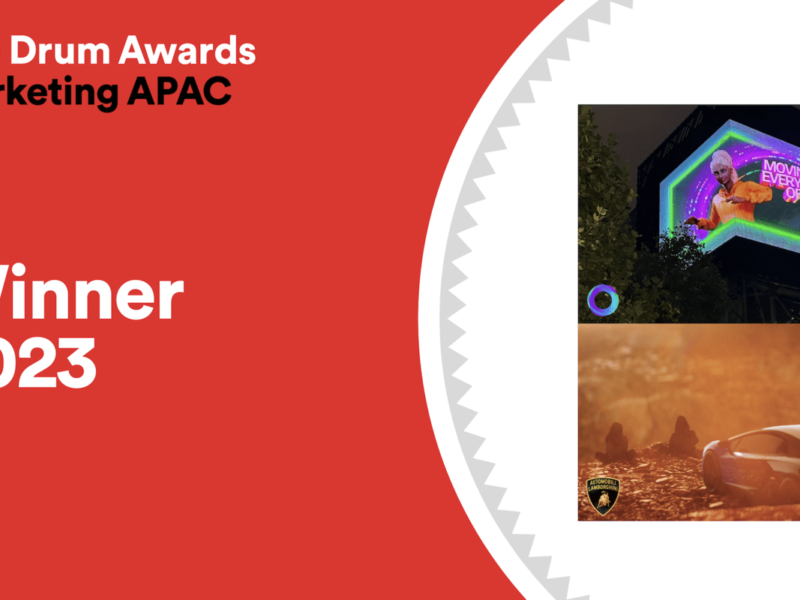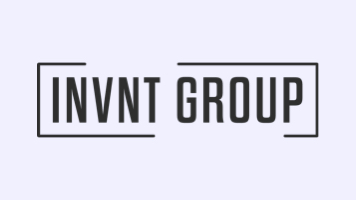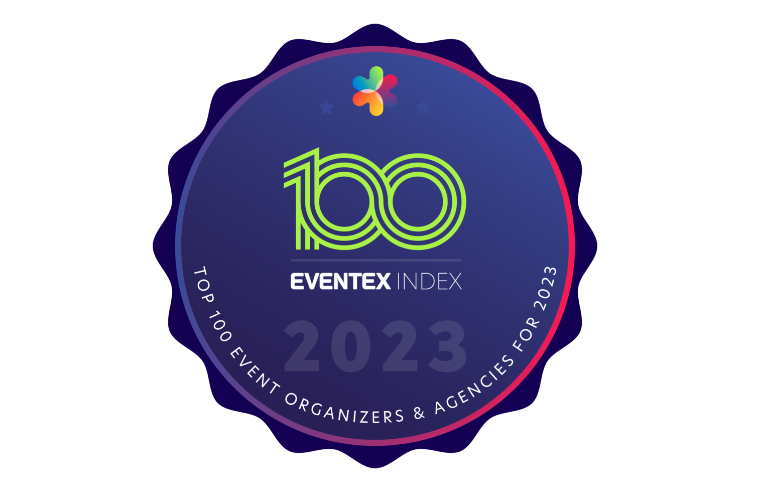INVNT CEO, Kristina McCoobery shares 2021 experiential marketing trends.

Experiential marketing, otherwise known as brand experiences or events, saw massive growth in the years leading up to the pandemic. It’s a trend that was set to continue as forward-thinking CMOs recognized the need to up their experiential spending in order to engage their discerning audiences who thrive on real-life interactions. And even though it’s been one of the most heavily impacted by the global outbreak of COVID-19, experiential remains a key investment for many marketers.
This is down to a combination of brands continuing to recognize the importance of bringing people together – albeit virtually or in small, socially distanced groups – and our industry’s ability to very quickly and effectively transition to virtual and hybrid experiences that bring people together for meaningful shared experiences.
Following a year of immense change, here’s a look at some of the things we can expect from experiential marketing in 2021.
Meaningful uses of tech will win big
Virtual experiences have come a long way since we first made the move online. Far from conference call-style events, they are captured on sophisticated studio sets or on-location, in places that’ll help the brand tell its new product or service story in interesting ways. In 2021 we’ll see the technology used to capture these experiences become more advanced, and immersive tech like extended reality (xR) won’t be reserved for select music performances or keynote presentations only. The massive demand for these types of tech – xR alone is predicted to be a USD $160B industry by 2023 – will see them become more accessible and used more widely.
Brands invest in attendee interactivity
Live chats, polling, and real-time networking remain important ways to connect virtual attendees with an event’s content, speakers, and one another, however, we’ll see more brands embrace esports, and develop even more sophisticated gamification experiences for their audiences. We saw gaming usage and viewership spike massively as the pandemic became a reality, and several brands subsequently leveraged platforms like Fortnite and League of Legends to host virtual events, as it enabled them to meet audiences where they already were, while also facilitating virtual interactions. With a return to normality around the globe not yet known, it’s safe to say we’ll see experiential marketing teams follow this route.
Catering to mass audiences a must for experiential marketing
By taking their in-person events online – and many chose to make their ticketed events free – organizations opened their experiences up to a much larger audience than they ever had before. This increased exposure was no doubt a positive for brands, and it enabled those who otherwise wouldn’t be able to join due to financial or geographical barriers get in on the action. Once larger-scale in-person events become possible, it will be important that brands take a hybrid virtual/physical approach and continue to cater to the virtual attendees who are now accustomed to being included in the conversation.
Tiered experiences will become the norm
Monetizing virtual experiences was a hot topic of conversation in 2020, but the focus was primarily on transitioning to virtual, making sure those virtual experiences didn’t ‘break’, and maintaining audience engagement in an era of virtual fatigue. Nearly a year on, we’re seeing creative ways with monetization emerge. Much more than ticketing, there are now tiered VIP packages for brand and sporting fans, and consumers can opt to pay a little extra to gain access to unique add-ons or unlock exclusive content. Aside from human interaction, one of the key reasons people attend a face-to-face event is to share their experience of it with their networks, and in doing so, incite FOMO in others and enhance their social currency. So, we’ll see this trend towards monetizing exclusivity gain more traction throughout 2021, as brands and organizations tap into this attendee desire.
One thing we’ve learned is that the future is unknown. As I like to say – and remind myself: the moment of absolute certainty will never come, so don’t wait for it. As marketers, we can prepare for what’s to come as much as we want, but the pandemic has shown us it’s also important to move quickly, think creatively, and always, always place your audience at the forefront of all that you do.
Read the article as it originally appeared online here.



